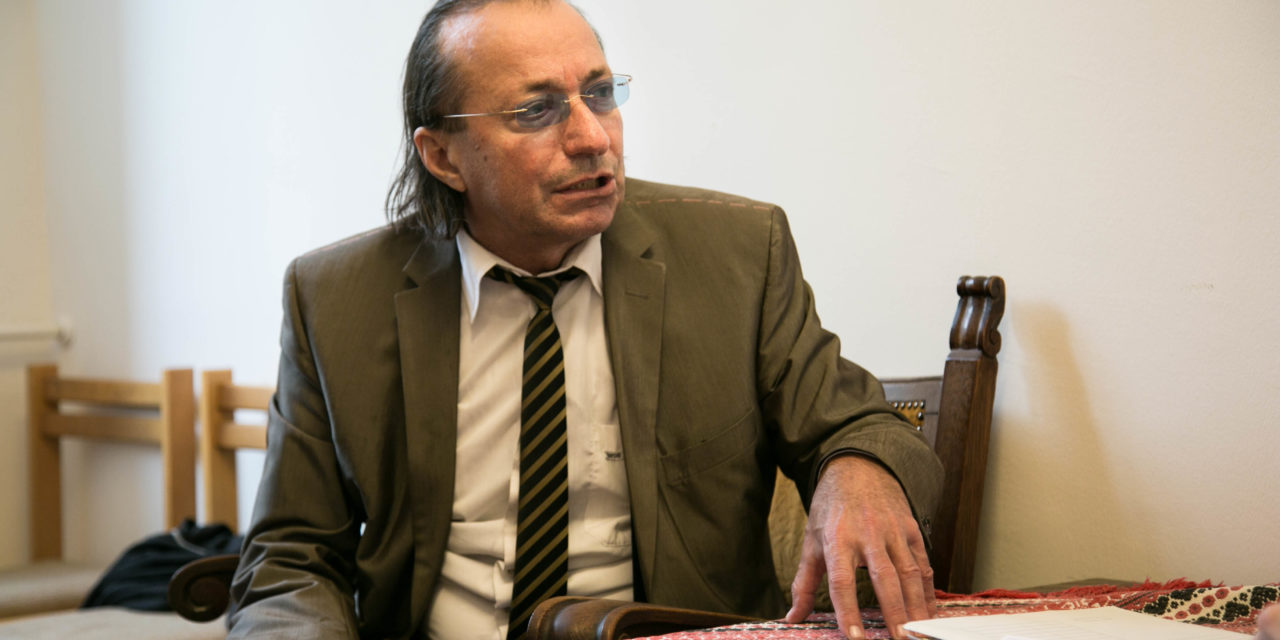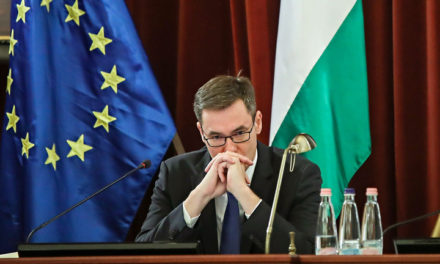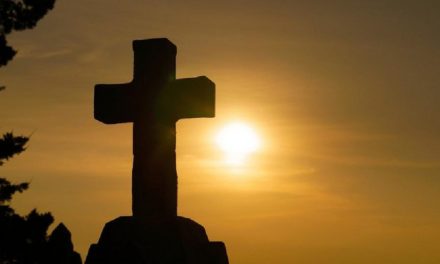From the point of view of the development of history, it is equally important what a social movement or even an ambitious person tried and what he was able to realize from his ideas. Usually the difference is huge.
Some people think that the previous one is almost more important, others think that only what happened matters. The discrepancy between the intention and the actual reality can also be the result of conscious activity. This activity is usually lying, cheating, misrepresentation. But the deviation can arise from slippages, unfortunate turn of events, external influences and thousands of other factors. One of the most common feelings of a person living in history is what is usually expressed as follows:
"I didn't want such a horse!"
It would be a shame to deny that this disillusioned exclamation echoes painfully often in the spiritual ruins of Hungarian public life. However, we do not have the right to appropriate this feeling either: this condition is also common in world history. In my more pessimistic moments, I tend to accept that the history of humanity is nothing but a discrepancy between the above-proclaimed – always noble – aspirations and the disappointing reality. This is what is happening in a large part of the world today. Mainly in Europe and North America, Russia, Ukraine. We can't isolate ourselves either.
The first reaction to this is lethargy, a sense of helplessness.
When this discrepancy is already too obvious, internal shocks tend to come. Revolutions, religious foundations, coups, system changes, wars, spiritual renewals or disintegrations, the creation and disintegration of empires, etc. And what comes with it: impatience, violence, aggressiveness, servility, selfishness or even love, faith and zeal, liberation and altruism.
It's good to be human because we can detach ourselves from circumstances and make choices.
It is good to be a man of the Creator, and not just a man of society (state, ideology, movement, man-leader) because that way we can choose love, faith, and altruism in any situation. In difficult and even unbearable situations, and also in favorable situations that tempt us to be frivolous. We can keep our distance: we can claim the right to form an opinion. Like now.
Many confuse this with the right to negative criticism. To see the good in the intention and in the implementation, and to give voice to it: it is not fashionable. Anyone who does this is immediately branded as servile!
Therefore, the Hungarian intellectual can boldly paint on his intellectual horizon the paraphrase of the famous slogan: "We are in the world to see the bad in people. It is not our job to see the good.” This does not mean that we have to create a counter password. "We are in the world to see only the good in people. It is not our job to see evil.” Such primitive pairs of opposites define today's intellectual public life and even political life. The one who does the right thing - and the one who takes the prize every four years, when the chatter ends for a moment of silence - is the one who can break out of this trap and see the person as he really is. He is selfish, vain, servile, and aggressive, but deep down he wants to love and be loved; he wants to live freely, he can be selfless, he loves his country, he is proud of his Hungarianness (and if he is not actually Hungarian, then of his Germanness, Jassianness, Slavicness), his Europeanness, his legends, his heroes.
However, it often turned out that there was a big difference between what was realized and what we tried to achieve.
It is a great advantage for a nation if it can recognize why there is a big gap between the intention and what is created.
There can be no doubt that external influences are the first among the causes. There was such an unsavory gap at the time of the founding of the state as well. Not so much Koppány as Vata and the multitude of rebels who killed Bishop Gellért show. They did not have a problem with Christianity, but with the new social (state) (legal) rules, which ensured the survival of the nation, but exiled the masses of free Hungarians from the nation to the people. It is very fortunate that the majority accepted why this is happening. And under King András, the rights were ensured in Aranybulla so that as many free Hungarians remained as could try to protect the country in the midst of trials. They weren't enough, but that's another story. Perhaps if they were all on the battlefield where they should have been - by order of God and the king - perhaps there wouldn't have been enough. But maybe so. And this is another decisive reason. Disengagement at the decisive moment. Playing for the other's downfall, cheating, selfishness. See if there's room at the table. Of course, a stranger will be sitting at the head of the table - he won't learn Hungarian in more than three hundred years - but the bite is tasty and will last. The situation is no easier today: have we learned from history? Or do we really need Mohács?
Even later, it caused constant tension that the reality was not even compatible with what we were trying to achieve. I highlight one era, half a century of the Austro-Hungarian Monarchy. The stake is the same as in the time of István and his successors. It was only now that the great majority of the people should have been elevated to the nation. (I write it like this because "population" because in the meantime Hungarians became a minority in their own country.) It didn't work. Up there, at the level of the constitution and the great principles - as intended - bourgeois Hungary was realized. But down there, in reality, the gap stubbornly persisted. Suffrage was only the tip of the iceberg. The problem was not that there was also a wealth (income) census and the exclusion of women, this was the case everywhere in the world at that time. The problem was that there were too many poor people, i.e. while every third man in the Netherlands could vote, every tenth in Hungary. Or not even that. And there were a hundred more obstacles that seemed impossible for a person from a village in Bihar, Zala or Zemplén to jump over in order to get higher. The problem wasn't with the height of the obstacle, but with the fact that those who wanted to fly were being pulled back by the hands of the giants. Meanwhile, others entered Hungarian industrial, commercial and intellectual life on credit. That gap - although the authors of the agreement tried to achieve the exact opposite - widened enormously until 1918.
At that time, the conscious widening of the gap between intention and reality was already in its heyday. The manufacture of ideologies.
The spread of the great world-saving and world-improving theories, which, even in their embryonic form, were based on violence, aggressiveness, and selfishness. Many such ideas were born, but the best developed was undoubtedly the theory of Marxism - socialism-communism. The practical implementation of the theory had an amazing career in the twentieth century. Here too. It finally collapsed. For those who believed in it without interest - that is, they didn't get a villa on Rózsadom, a plot of land on Lake Balaton, etc. – was badly exposed. Whoever received it and did not return it looked for a new "idea" to stay in the game. Found. To the greatest shame of liberalism. I understand how and why this happened here (in Central Europe). I don't understand - and I'm not even willing to put up with it - that communism clings to liberalism in Western Europe.
Maybe because they don't know - they haven't experienced - that entering into an "alliance" with a communist is equivalent to warming a snake in your bosom.
I am telling all this to those who believe that the intention was right, and that the intention justifies the sins. That Marxism is a correct theory, and we should realize that what he tried to accomplish was a miracle, and what happened was just a mistake. And that mixing Marxism and liberalism makes human sense.
My message is that the suction cup communism has already deformed liberalism so much that we cannot even recognize it. I also have a message for those who try to enforce their ideas by driving a wedge, putting a gap between our ideas and our possibilities: it cannot succeed.
We know what the problem is, we know where it comes from, and after so many historical trials, I now hope that we will always be strong enough in the battle that will decide our freedom, our national existence, our culture, that is, our lives.
Photo: Viktor Krĉ













